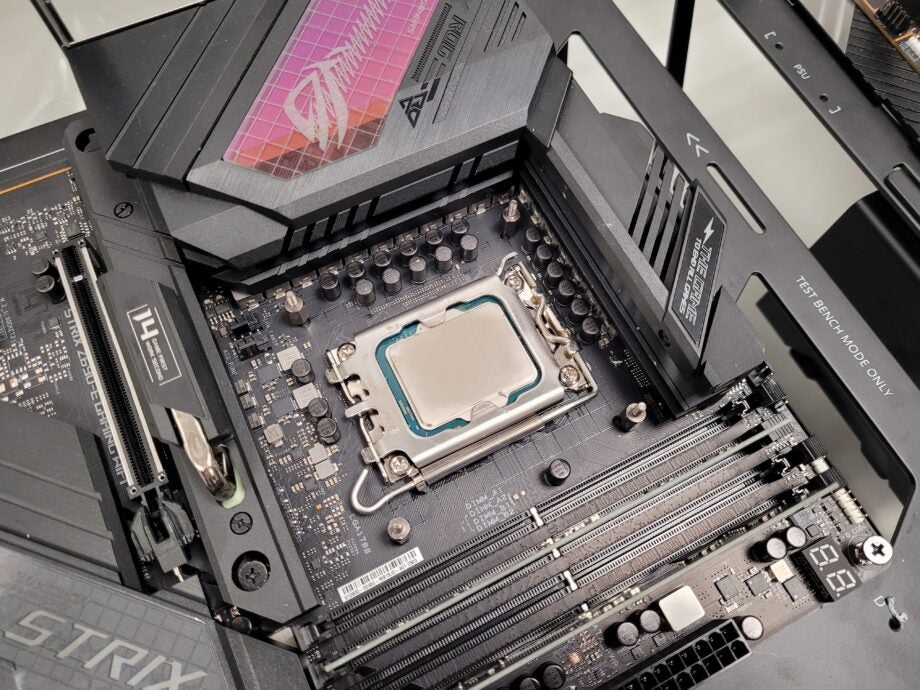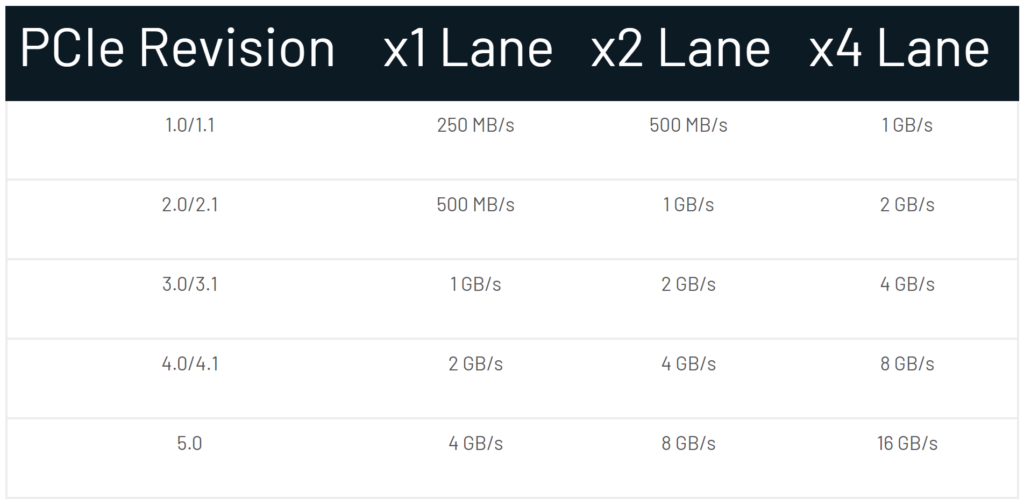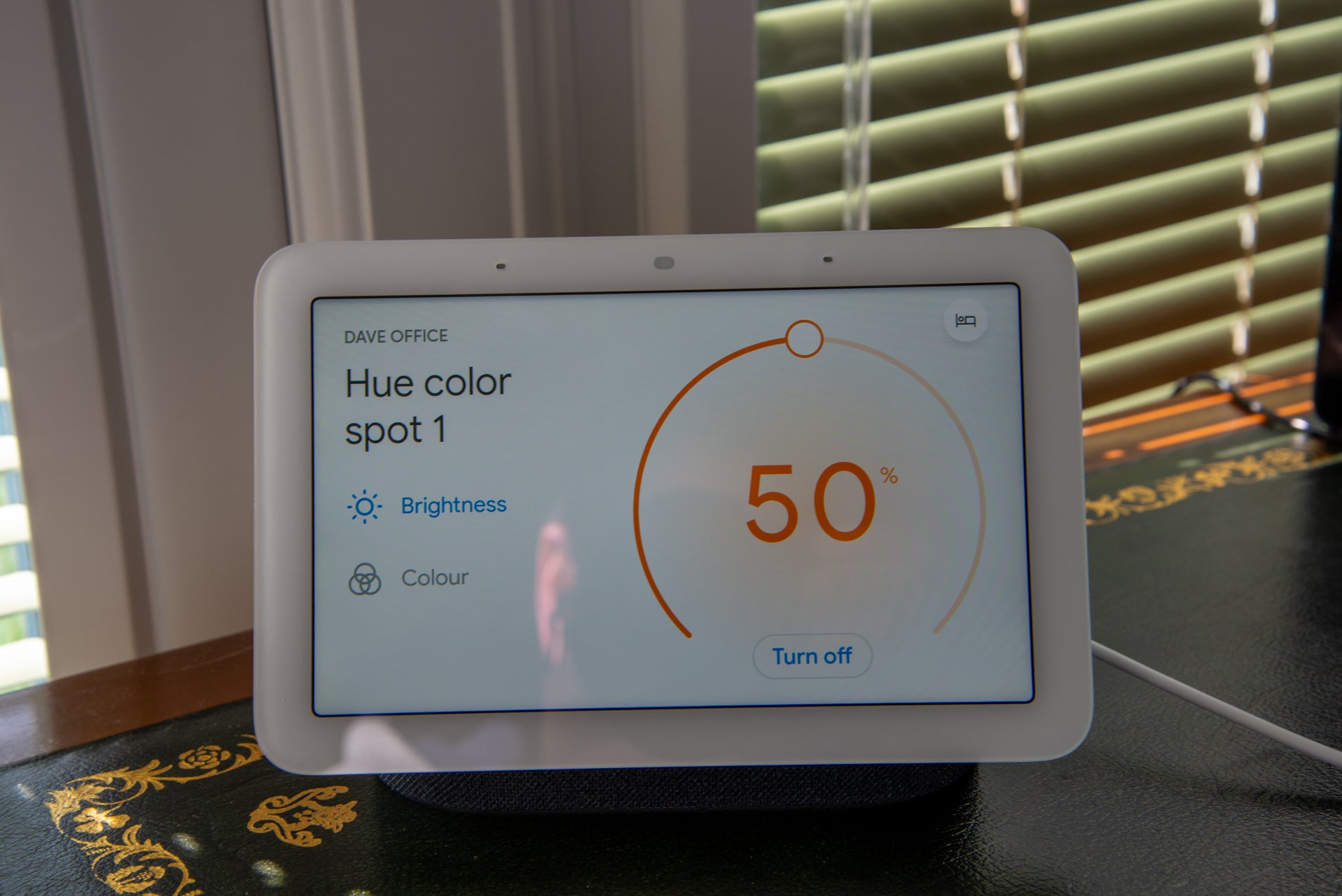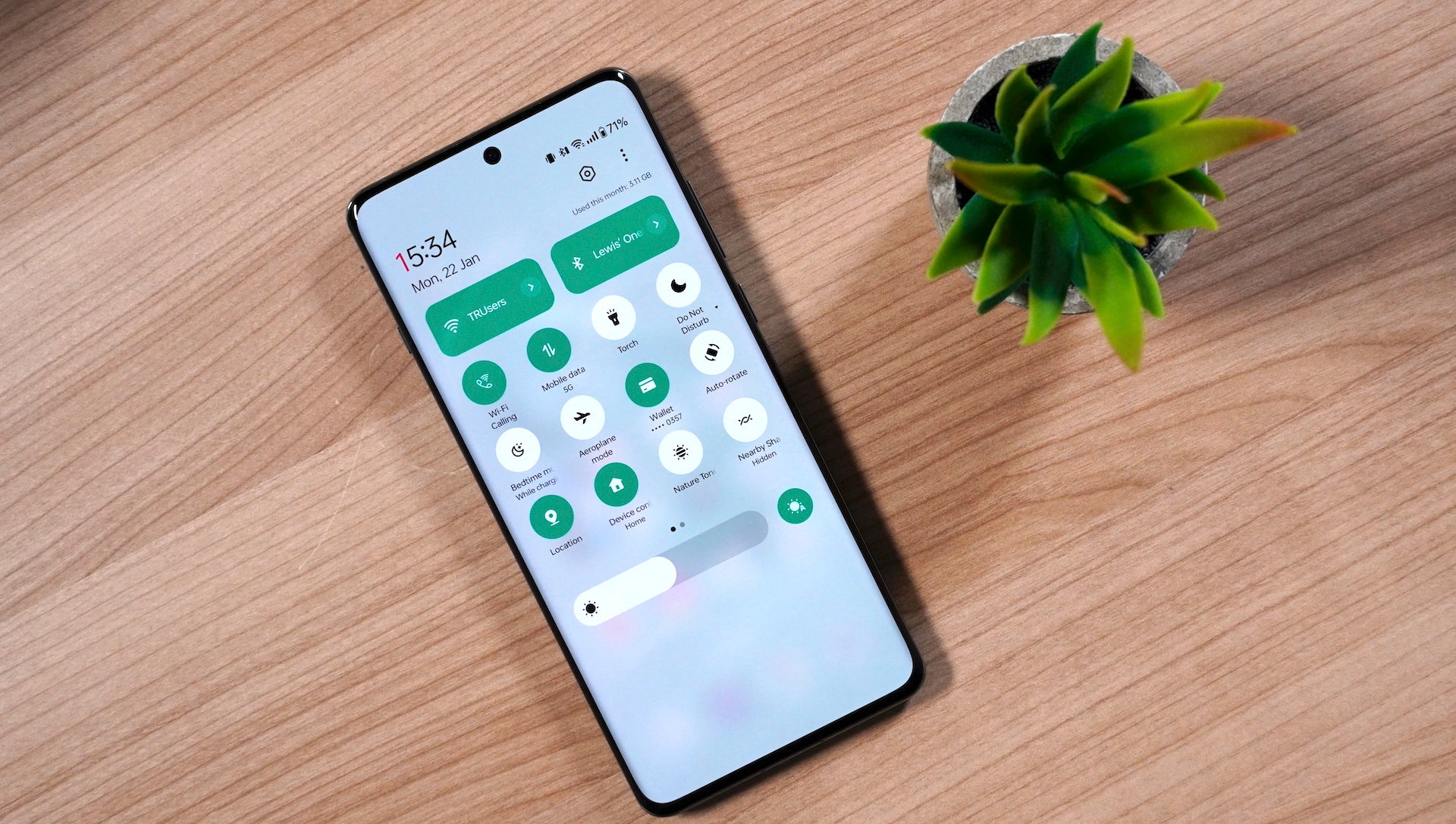What is PCIe? The interface standard explained

If you’re a PC builder or have a fleeting interest in upgrading your components, you’ll have likely seen the term PCIe floating around. Here’s exactly what it is.
PC gaming continues to grow and grow (via Statista) and that inevitably means more people building or upgrading their hardware. There are various standards and terms to know when it comes to upgrading your components, but one of the most prevalent modern standards is PCIe, though it has been around for 20 years. However, iterations on the connectivity standard are still going strong. These are the basics.
What is PCIe?
PCIe or PCI-e stands for Peripheral Component Interconnect Express. The PCIe standard is the common standard for motherboards and is used across PC graphics cards, SSDs, Wi-Fi adapters, Ethernet adapters and more. The latest iteration of the standard is PCIe 7.0, which was announced in 2022 but won’t be finalised until 2025, and previously PCIe 6.0 in 2019 (officially released in 2022). However, PCIe 5.0 remains the widely used standard for even the latest and greatest motherboards you can buy right now, such as the Asus ROG Maximus Z790 Dark Hero.

Apple TV+
The Home of Apple Originals. Enjoy star-studded, award-winning series, films, and more. Grab your 7 day free trial now.
- Apple
- 7 day free trial
- £6.99 p/m
PCIe is popular as it offers fast, high-bandwidth transfer of data, along with low latency and wide compatibility. The PCIe standard is also fast improving, with each iteration typically doubling the available speeds.

PCIe slots can come in different configurations, that’s PCIe x1, PCIe x4, PCIe x8, PCIe x16 and PCIe x32. PCIe x1 is the smallest and is typically used for devices such as network adapters. PCIe x4 features four PCIe lanes and often used for M.2 NVMe SSDs. PCIe x8 is also used for M.2 NVMe SSDs but also graphics cards (GPU). Then, PCIe x16 is also typically used for GPUs while, the largest, PCIe x32 is rarely used for consumer devices.
For consumers, PCIe 5.0 remains a relatively fresh proposition but PCIe 6.0 looks set to rise in prominence in 2024 (via XDA Developers, The Verge). PCIe 7.0 is expected to arrive with consumers in 2027, following its release in 2025 (via Tom’s Hardware)







